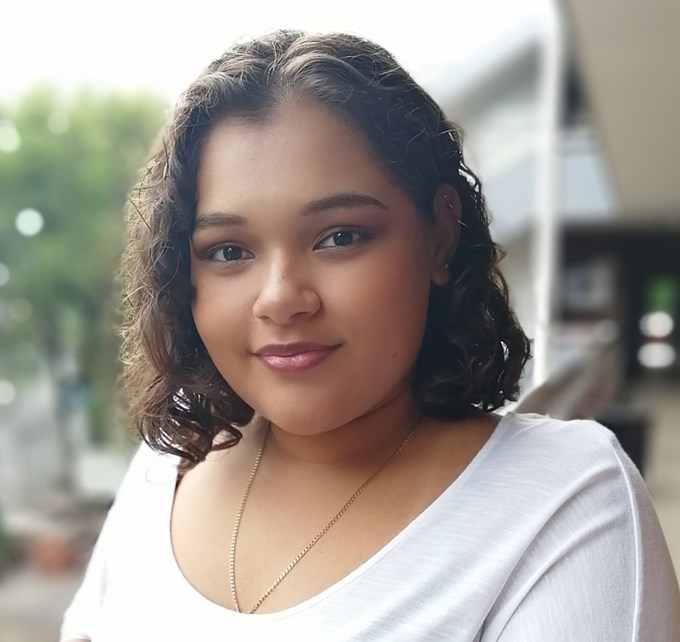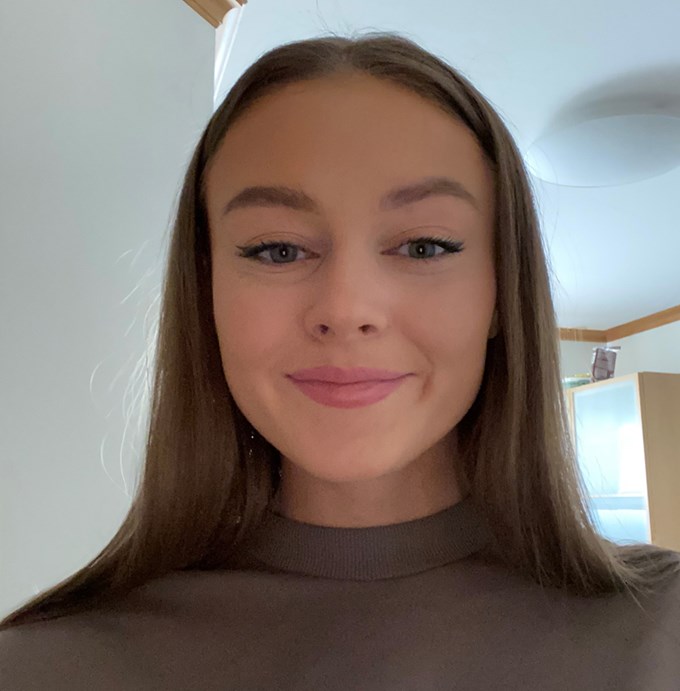Because of the pandemic QMUC had to cancel their international exchange program.
- But this is too important to just cancel, our students have a lot to learn from students in other countries, says the teachers Marianne Schram and Gjertrud Stordal who are responsible for the exchange program. Together with the International Office they quickly developed a virtual exchange program, and invited students from QMUC`s international partners to join.
- The students were organised in groups, with students from two countries. They had four digital meeting, explains Associate Professor Stordal.
- In the first meeting they got to know each other. The second meeting focused on Early Childhood Education and Care in the different countries, is there a common practice, what are the national guidelines etc. During the third meeting they had to create a joined plan for a week with three given activities in the kindergarten. The last meeting was a student conference where the students presented their plans to each other, and where the teachers were invited.
The goal of the virtual exchange was for the students to develop intercultural competence in Early Childhood Education and Care, digital competence, communication- and language skills.
Big differences in the South-African and the Norwegian view on learning
Casey Perkett-Seethal is a student at STADIO, Faculty of Education, in Durban, South Africa. She had been looking forward to travel to Trondheim.
- Some would say I applied to go to Norway for selfish reasons and in some cases they would be correct. I was born and raised in South Africa, nor have I ever left my home country and neither have I been able to travel in it. I saw the international exchange as a way to travel to a new place, learn a new culture and study a different way of teaching, all the while being able to share my own culture with others. I hope and dream of teaching in other countries once I’m qualified and this was a way for me gain more experience.
- This experience was interesting to say the least as I was unsure, of what to expect when I had agreed to the virtual exchange. I am glad that I got to participate though, as learning the different ways that Norway does things is enlightening, she says.
- The main thing that I learnt was how big the differences were between the Norwegian and the South African school systems. Especially in terms of how things are taught. Everything is very much play based in Norway where as in South Africa we are extremely academic focused, as learners need to be able to meet certain requirements in order to be passed to the next grade and this limits teachers on the amount of time that can be spent teaching a certain concept.
Calls for reflection
 - It was not difficult to agree on a plan but it did highlight the extreme differences as stated above, continues Perkett-Seethal
- It was not difficult to agree on a plan but it did highlight the extreme differences as stated above, continues Perkett-Seethal. (Photo: Private)
- One of the differences was trying to match the Norwegian curriculum to the South African curriculum as the South African curriculum is quite detailed in the sense that certain topics are expected to be taught to certain grades only and it is only taught at a certain time in the year.
She says the experience has changed how she would practice as a teacher.
- I would certainly like to incorporate more play based methods into my teaching as I have seen first hand that learners tend to recall knowledge faster and for longer periods when they are having fun when learning.
QMUC-student Malin Larsen Indergaard was in the same group as Perkett-Seethal.
- I had been very much looking forward to go to South-Africa, where I have never been, she says.
- I wanted to go to a country that would be very different to Norway, and explore the different views on learning and upbringing, and to see how it was done in real life.
As the pandemic developed she was happy to stay at home, and to be given a virtual exchange option. In some ways the virtual exchange has given other insights than a physical exchange.
 Malin Indergård from QMUC says they had to make a few compromises to come up with a schedule that would work in both countries. (Photo: Private)
Malin Indergård from QMUC says they had to make a few compromises to come up with a schedule that would work in both countries. (Photo: Private)
- If I had been in South Africa, as I was meant to, I probably wouldn`t have reflected on all the things we were talking about. In the group I had to think more about why we do things differently, and not just accept it as I probably would if I had been there. Our understanding of why we are doing things in a particular way becomes stronger when we have to talk about them, she says.
As the students got to know each other better their conversations became more in-depth as well.
That was an important reason for the exchange, adds Stordal.
- When the students meet they can learn from each other and reflect on differences and similarities. In the process they also learn about themselves, why they are thinking and practicing Early Childhood Education as they do. The experience can make them more reflected and skilled as Early Childhood Professionals
A permanent offer?
Not every student has the chance to travel physically, even after the pandemic has ended. Stordal think there is a lot to gain from the virtual exchange as a permanent offer.
- There is allways room for improvement. I think that by having more meetings and more time to discuss and reflect together, the students would learn even more about Early Childhood Education and Care in the partner countries.
The participating institutions were:
- University of Presov, Slovakia
- STADIO Faculty of Education, South Africa
- Hochscule für Angewandte Wissenschaft und Kunst, Germany
- Letterkenny Institute of Technology, Ireland
- Thomas More University, Belgium
- Universidad Camilo José Cela, Spain
- Institut de Formation, Recherche, Animation, Sanitaire et Social, France
- Queen Maud University College of Early Childhood Education, Norway
In the autumn semester 2021, QMUC will have virtual exchange with Seol National University, South Korea.